Deciding to start a small business is a decision that should not be taken lightly. What a lot of people don’t talk about when launching a business is that, like in buying a house, there are a lot of hidden costs that you can’t avoid. As the saying goes, you need money to make money. This is something you need to consider and make adjustments for. One of the top 10 reasons why startups fail is because of problems regarding costs and pricing.
On average, a startup needs up to about $3,000 to get up and running. And that’s not all. Expert entrepreneur Drew Gerber recommends that startup owners should also have enough money on hand to cover 6 months of fixed costs. That’s a lot of cash on the line, so you need to be careful and strategic. There’s a chance of failing and ending up with less money than you had before you decided to gamble your savings. We’ve compiled a list of hidden costs in starting and running a startup so you can calculate your risks and make more informed decisions.
Loans
Most business owners need help in the form of a loan to get started. There are different kinds of loans you can acquire, and you’re free to choose which one you think will suit you best.
For example, an FHA insured loan is different from a conventional loan in that the former is recommended for those with lower credit scores and have a lower down payment so it’s easier to qualify for than the latter. Conventional loans are not backed by a government office, so lenders are more at risk and tend to be more discerning. These loans are more difficult to qualify for and are recommended for those with higher credit scores.
Related: The 7 Different Loans You Can Get as a Business Owner
Employee salaries and benefits
One of the reasons why many business owners have been turning to outsourcing is that it costs more to hire in-house or permanent employees. Outsourcing can get you talents as needed, but in-house requires workers to work for you round the clock. The former is great for services you don’t need 24/7, and the latter is something you need for the core competencies of your company. Additionally, you have to see to the benefits of your employees, such as medical, retirement, paid leave, life insurance.
Permits and licenses
Of course, your business needs to be legal. This will ensure the credibility of your brand to your consumers and lower your risk of having expensive run-ins with the law. The application for licenses and permits are another thing that you might neglect to consider when starting a business. These depend on the industry and location of your startup, and they can sometimes cost a pretty penny. If you plan on opening a bar, for example, a liquor license can cost you anywhere from $12,000 to $400,000.
Taxes
 Taxes have always been one of the sneakiest costs you’ll ever encounter. For one thing, if you’ve ever worked as an employee, you probably forgot about them because they were automatically deducted from your payroll. But now that you’re self-employed, you have to actively remind yourself that there are taxes you need to pay for. Additionally, you also have to pay the self-employment tax.
Taxes have always been one of the sneakiest costs you’ll ever encounter. For one thing, if you’ve ever worked as an employee, you probably forgot about them because they were automatically deducted from your payroll. But now that you’re self-employed, you have to actively remind yourself that there are taxes you need to pay for. Additionally, you also have to pay the self-employment tax.
Administrative expenses
These costs are the ones that have to do with the general management of the business. Under this category, you have office supplies, appliances, utilities, facility occupancy – rent, taxes, insurance, maintenance. They might not seem like much individually, but when added together at the end of every year, you may be surprised.
How to foresee these extra costs – and then some
Hire an accountant to help you plan your business from day one. Accountants aren’t just for bookkeeping and payroll – they’re one of the most important professionals you can enlist to help you. They can advise you on your business plan and structure. They can help you secure the necessary permits and licenses. Most importantly, they’ll be able to help you plot and track your expenses and make plans for your business growth in the long-term.
A good decision is a well-informed one. Know about all the strings that are attached when you decide to start a business so you can prepare for them beforehand. One of the reasons startups fail is because of issues with costs and pricing, so make sure that that’s crossed off your list before you proceed. It costs a lot to start and run a business, but it can cost even more if you fail.












